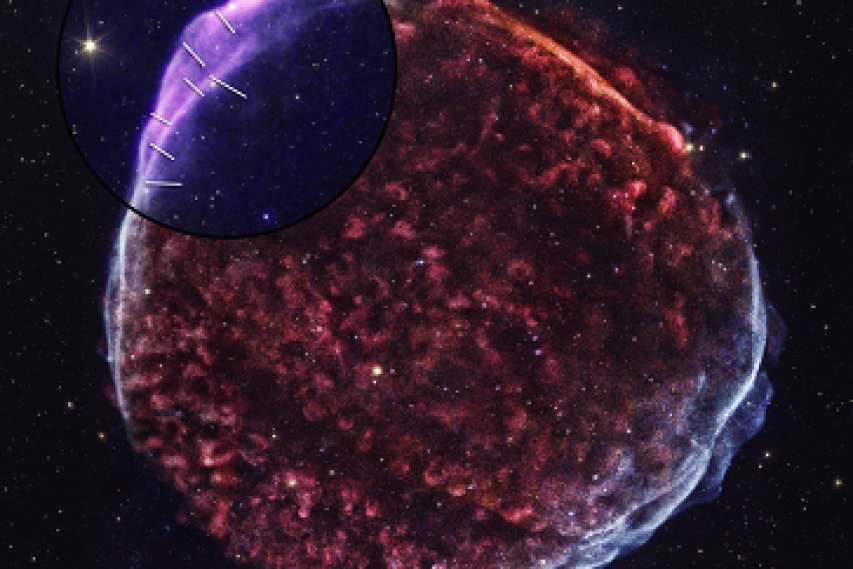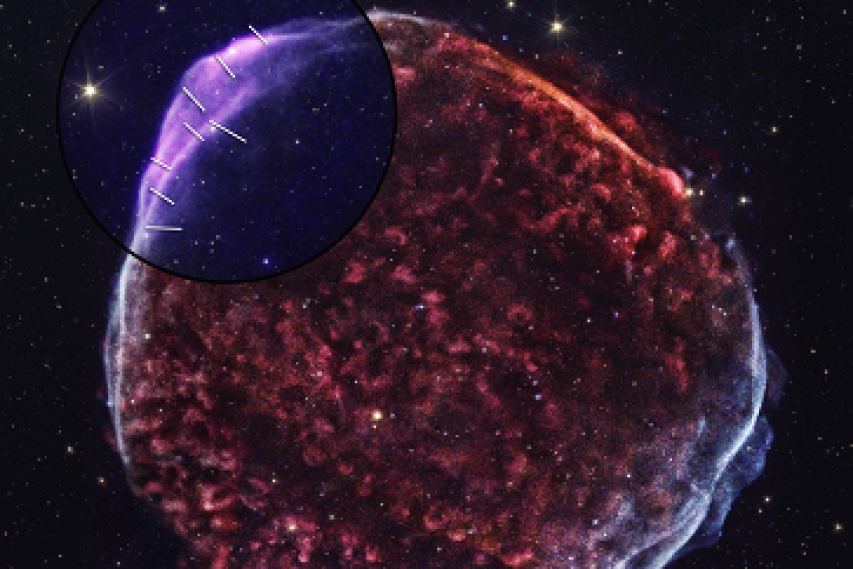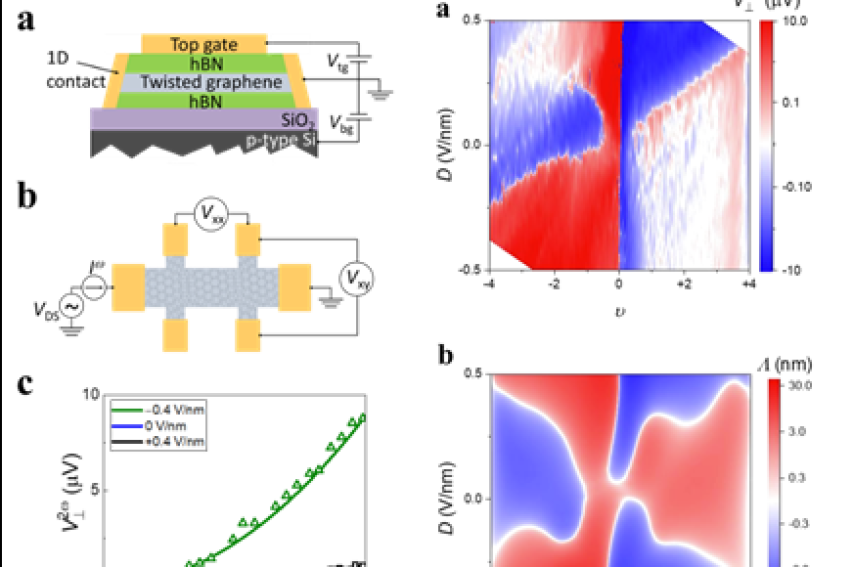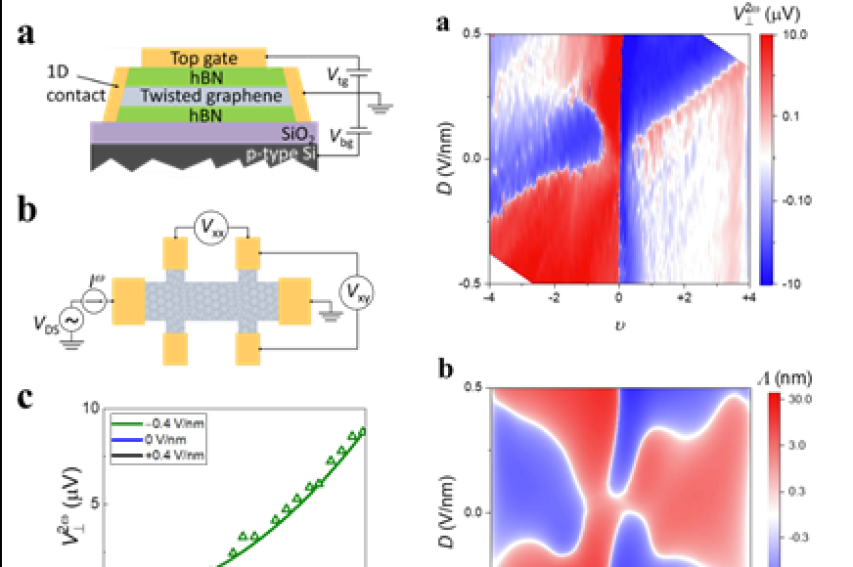Tiny Particles, Big Impact:
Unlocking the Potential of Colloids
This feature story is part of the ongoing series that highlights the outstanding achievements of the winners of the HKU Excellence Awards 2022.
Dr Wang Yufeng is a recipient of the Outstanding Young Researcher Award. His interview can be viewed from 04:40 to 06:04
Colloid chemistry is a complex and fascinating field that deals with the behaviour of particles that are smaller than a micrometer in size. These particles can be found in everyday products such as milk, paint, and even blood. Colloids have unique properties that make them useful in a wide range of applications, but studying their behaviour requires specialised knowledge and equipment.
Dr Wang Yufeng, a materials chemist and Associate Professor at the University of Hong Kong (HKU), specialises in the study of colloids. Dr Wang obtained his Bachelor of Science degree from Peking University in 2008 and his PhD degree from New York University in 2013. After his postdoctoral training at Massachusetts Institute of Technology, he joined HKU as an Assistant Professor in 2016, and was promoted to Associate Professor in 2022.
Dr Wang has dedicated his career to exploring the properties of colloids and developing new techniques to manipulate them. His research has yielded several significant discoveries. He and his research team have strengthened the design of anisotropic particles, which are the essential components for creating mesoscale materials with applications in photonics, sensing, microrobotics, cargo delivery, and active matter.
As a researcher, Dr Wang believes that creativity comes from the desire for new things. The new discoveries and knowledge keep his motivation and enthusiasm for pursuing innovative ideas and thinking differently.
“Our lab is like a relaxing, supportive, and creative hub where we explore new territory in material design and fabrication. Being innovative and doing creative sciences are our main goals,” said Dr Wang. “In my lab, we develop strategies to synthesise anisotropic colloids. They are non-spherical and have patterned surfaces, and they can interact and assemble into many new superstructures and achieve new functions.”
The team’s recent and key strategy is to fabricate particles with low-symmetry shapes and heterogeneous surfaces, which introduces specific and directional interactions between particles and leads to the assembly of complex superstructures. The reduced symmetry also encodes information that guides the particle’s dynamics, making them useful toward active materials that propel, combine, reconfigure, and evolve, emulating those in biological and living systems.
For his contributions to the field of colloid chemistry, Dr. Wang has won various prizes and been extensively recognized for his work. In 2019, he was awarded the Croucher Innovation Award and he won the National Natural Science Foundation of China’s Excellent Young Scientists Fund (Hong Kong and Macau) 2022.
I remember how excited I was the first time seeing my new lab. And after many years, I still feel that excitement whenever new particles are being designed and created in my lab. I believe in the future, making colloidal materials will be just like putting together Lego pieces, and our effort can improve the properties of many productsDr Wang Yufeng
Dr Wang's work is a testament to the power of scientific research to make a positive impact on society. His discoveries in the field of colloid chemistry have the potential to transform several industries and improve the lives of people around the world. As he continues to push the boundaries of scientific knowledge, Dr Wang is sure to inspire fellow researchers to pursue their passions and make a difference.








